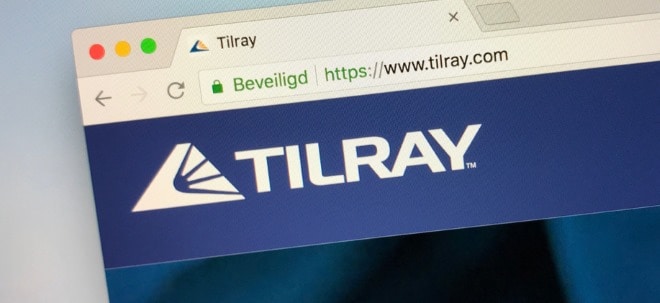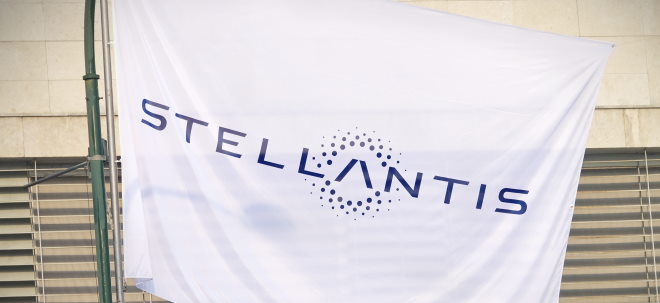Aus dem Ihub
Zeitung TIMES OF INDIA :
New truth tests give cops leads
Raj Shekhar Jha,TNN | Oct 5, 2014, 04.37AM IST
NEW DELHI: Polygraph, narco analysis and brain-mapping tests are now just a few of the tools available to the police to nail a criminal's lies. The cops are now using tests like suspect detection system and layered voice analysis which may not only expose lies and identify suspects but also bring to fore the "hidden criminal intent" which could help investigators foil their plans.
Hardened criminals are being increasingly subjected to these tests which use advanced technology and are more reliable and accurate. These are also admissible in court, thus enjoying an advantage over the conventional tests, say investigators.
When Lashkar-e-Toiba operative Abdul Qarim Tunda was asked to keep his palms on a sensor cradle, he had little idea about what was going to happen. A hardened terrorist, he was prepared to combat the usual tests. But the special cell made him undergo the two new tests. And, they claim, that he began singing about his training, intentions, skills, handlers and associates.
The special cell is once again preparing to have another of their prized catches undergo these two tests. Indian Mujahideen's technology expert, Ajaz Shaikh, who was arrested early last month, will be giving his voice samples and undergoing a suspect detection examination, says S N Shrivastava, special commissioner of police (cell). Shaikh - who had taken over the logistics, computer and internet-related works for IM from his senior, Peerbhoy - is proving to be a hard nut to crack, say sources. The tests may unlock his mind for the investigators.
These two tests have proven their worth in some high-profile cases in India and abroad. Besides Tunda, the accused in the Mumbai Shakti Mill gangrape were also subjected to these tests.
The technology is from Israel and is now used in 80 countries, including US, Canada, UK and Russia. It is used mostly during the initial screening process before the investigations begin. Algorithm designs, interrogation techniques, emotions and technology have been assimilated in these tests to provide a greater level of accuracy.
In the Layered Voice Analysis (LVA) examination, voice samples are recorded during casual and serious conversations and studied and evaluated later. "The deviation in pitch, tone and change in frequency while giving answers to a particular question helps experts ascertain if the an accused is lying or hiding facts," Shrivastava says. He adds that at times a mock interrogation is carried out during the tests.
Officials say the suspect detection system is helpful in cases where an accused denies involvement in an incident. For example, if Ajaz Shaikh denies having helped the accused in a particular blast, the suspect detection system will try to find out if he is lying. Similarly, if Shaikh and a few others are rounded up, the test will identify who all were involved in a particular blast.
Another component of this test is the intent detection system which, officials say, holds a lot of promise in identifying future plans of a suspect and ascertain what his real intention was in coming to a particular place. "While the lie-detector and other similar tests rely on recording physiological parameters like heartbeat, blood pressure and breathing, the voice analysis test, I am told, depends on variations in voice. It does not need wires or sensors and the voice samples can be taken online and offline," says Shrivastava.
Artikel in der Zeitung "Times of India" :
|


 Thread abonnieren
Thread abonnieren

